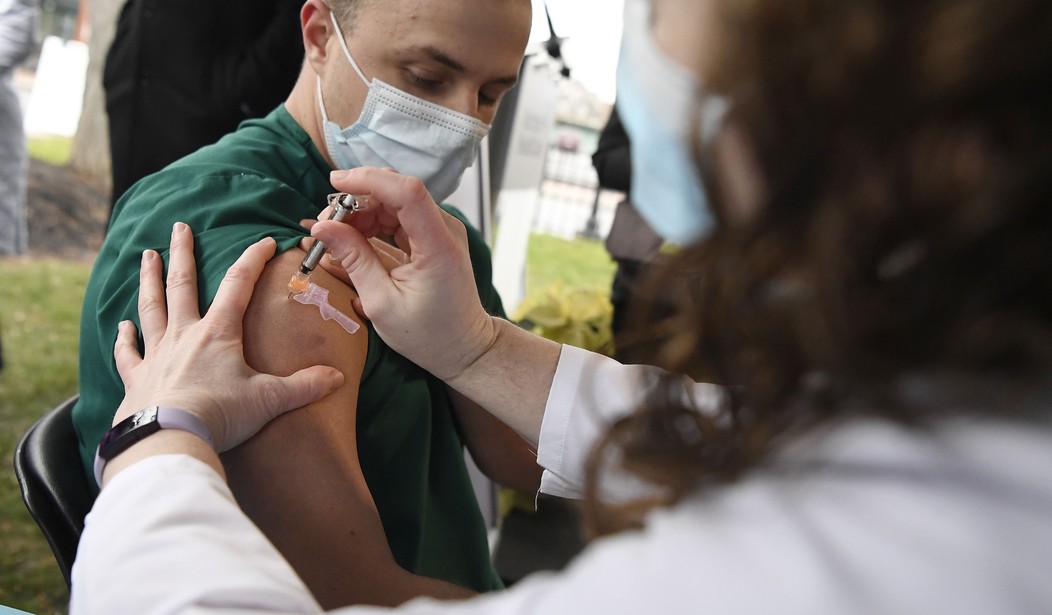Congress managed to pass substantial market-based reforms to the nation’s health care system this year. Although many of the changes will take years to develop, they represent a good start. However, there is still plenty more to do in the goal of protecting the taxpayer while restoring market forces, which have been distorted by bad government policy, in healthcare.
The bottom line is that the government is too heavily involved in micromanaging the healthcare market. As our nation creeps toward a single-payer socialist system of dispensing care, large non-profit hospitals are getting rich. Several conservative groups put out a letter on July 16, 2025, to Speaker of the House Mike Johnson (R-LA) and Senate Republican Leader John Thune (R-SD), pointing out that 37% of all Medicare and 32% of all Medicaid spending goes to hospitals to the tune of $650 out of the taxpayers’ pockets.
One problem is to reform the way our government treats non-profit hospitals. Large nonprofit hospitals are eligible for tax breaks if they provide care to low-income Americans. The largest nonprofit hospitals have a gap of $100 million between the charity care they provide and the tax exemption the government grants them. That needs to be reformed.
Lawmakers should also consider reforming a lesser-known but still important program: the 340 B program. This project was launched in the 1990s as an attempt to encourage providers to care for low-income patients. It reduces the amount that hospitals and some pharmacies pay for prescription drugs. The program works by compelling manufacturers that want their outpatient drugs covered under the Medicaid and Medicare Part B programs to provide steep discounts to particular providers.
Ironically, 340B is driving up prices. “Large health care delivery systems may acquire 340B hospitals and take advantage of the discounts while cutting services to the patients they serve and redirecting those funds to expand access in wealthier communities where more patients may be insured,” the Third Way wrote. “This incentive for consolidation fuels hospital acquisitions, translating into overall higher costs across the health care system.”
Recommended
Keep in mind that Third Way supports the idea behind 340B, but its report simply highlights the need for the entire project to be shelved. Now is the time to attack that program while reform-minded politicians are working to save taxpayer cash.
In reality, the benefits that lawmakers hoped to deliver through the program are not reaching patients. For example, the Alliance for Integrity & Reform found that 69% of 340B-participating hospitals provide less charity care than the national average.
Providers can get away with this because there isn’t enough oversight in the program. One hospital system in Richmond, Bon Secours, earned $276 million through the program. When reporters asked whether the system tracks its use of 340B savings generated from its wholly-owned contract pharmacies, “Bon Secours said it did not.” They don’t have to track the cash, and they seem to be gaming the system to maximize profits.
A recent Senate investigation highlighted the problems. “There are transparency and oversight concerns that prevent 340B discounts from translating to better access or lower costs for patients,” its report said. “Congress needs to act to bring much-needed reform to the 340B program.”
Lawmakers should look to the free market, rather than government mandates and price controls, to reduce costs for low-income patients. There is already evidence that this approach is working.
In its report, the Alliance for Integrity & Reform found that “non-340B short-term acute care hospitals in the United States have higher average charity care (2.6%) than 340B DSH hospitals (2.5%).” That is to say, straight-up, for-profit hospitals are already doing a better job than the hospitals that are being subsidized by drug companies of providing health care for the needy.
They are doing it because caring for people is good for long-term business. Under the 340B program, on the other hand, not caring for people is good for business, as hospitals bank the savings from discounted drugs but do not reinvest those proceeds in patient care.
The next reform package Congress passes should repeal 340B while studying the tax credit issues to make sure that large non-profit hospitals are not taking the taxpayers for a ride. Now is the time to pass legislation to address problems created in the past that have led to excessive government growth, saddling taxpayers with over $37 trillion in national debt.
























Join the conversation as a VIP Member